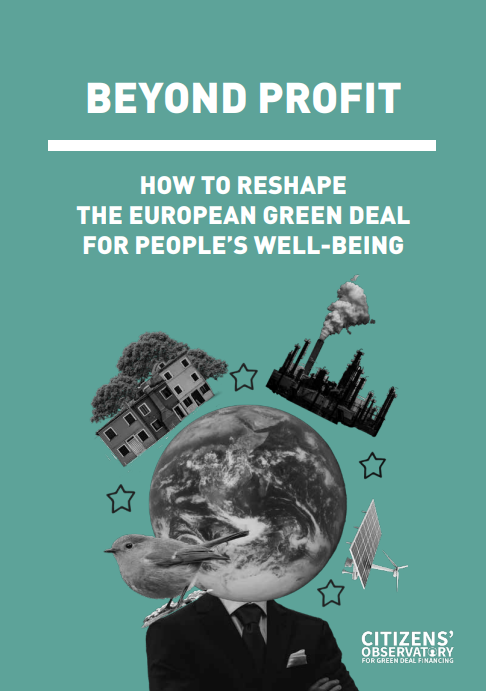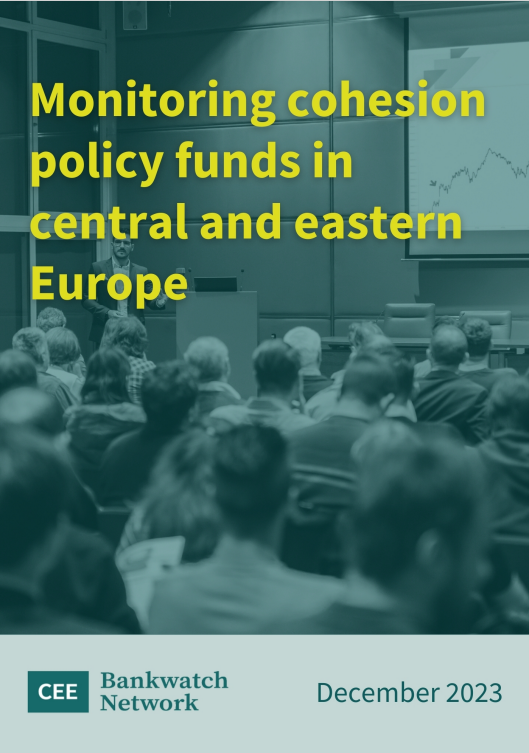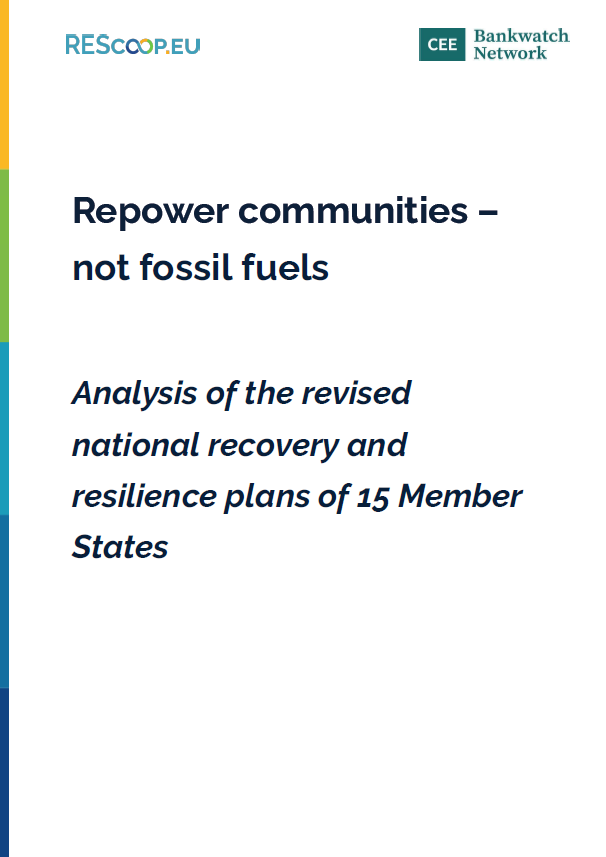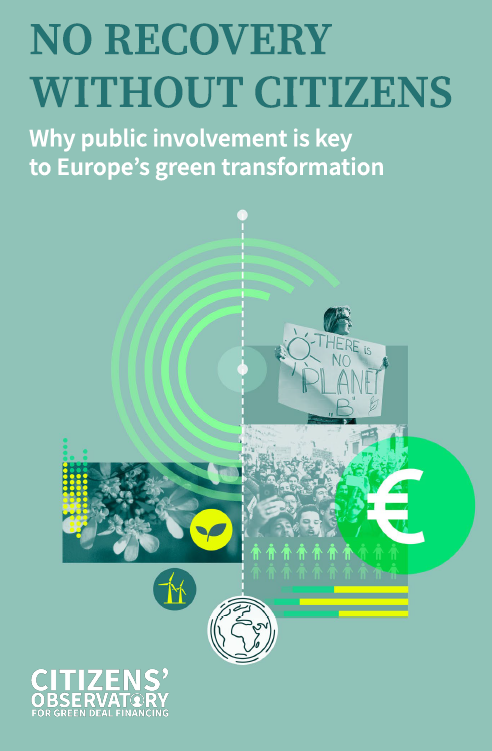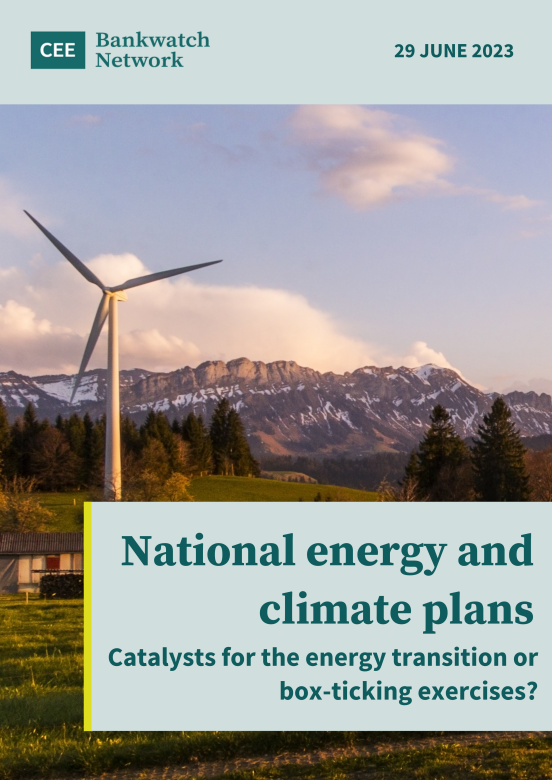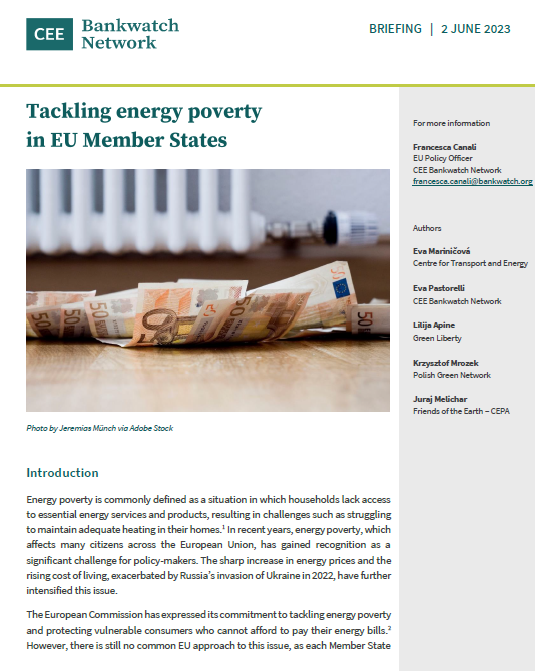Local Leaders for the Next Generation
Implementing more ambitious energy-climate initiatives to speed up decarbonisation with the help of EU funding.
Energy Policy Energy Transition Energy Transition and Climate-Neutral Buildings Finance Municipalities
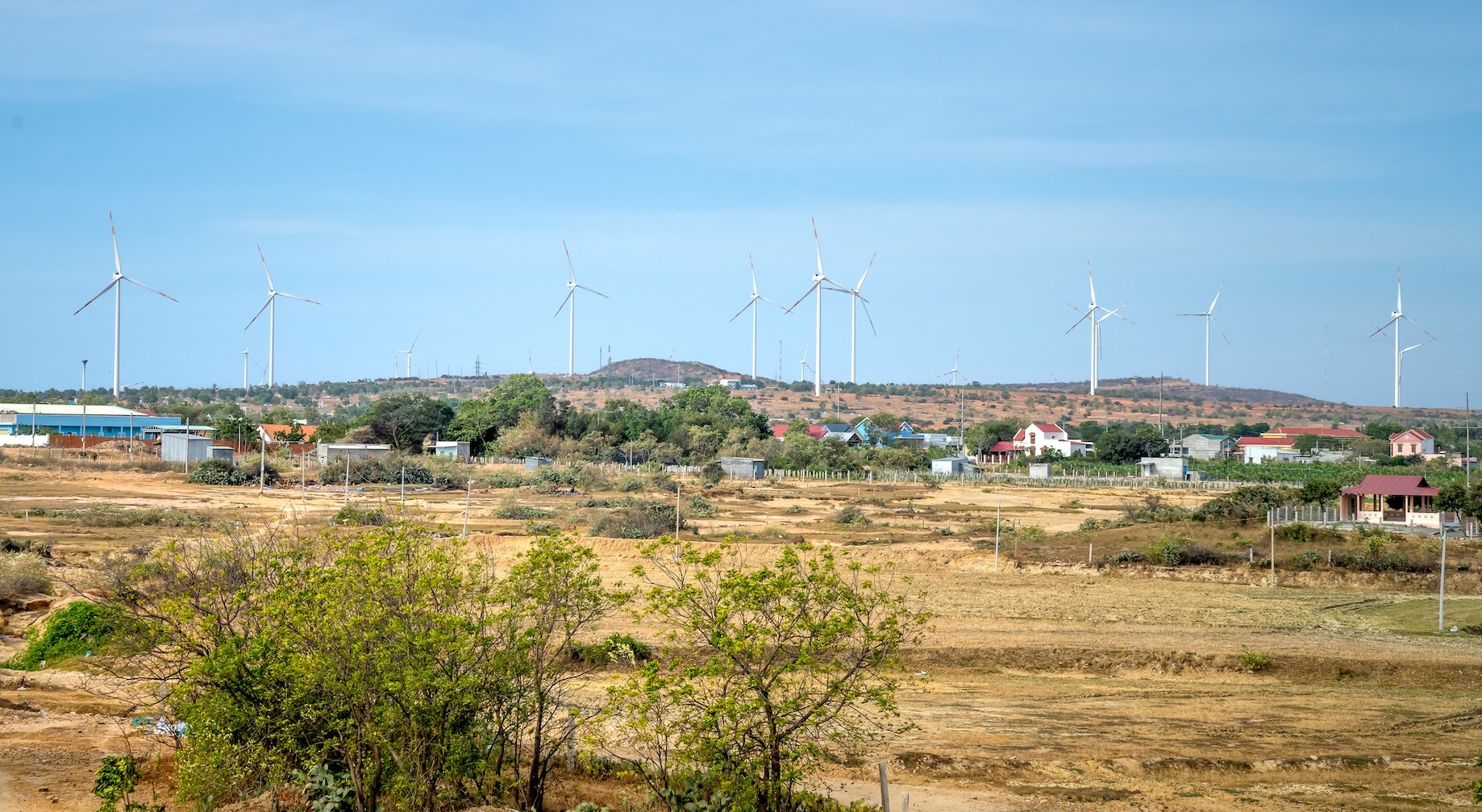
Project info
Bulgaria, Czech Republic, Estonia, Germany, Hungary, Latvia, Poland, Slovakia
12/22 - 05/24
Local governments, Non-governmental organisations, Educational institutions, Civil society, Private sector
566,259.97 €
Contact info
Adriána Harnúšková
- E3G - Third Generation Environmentalism gGmbH
Background
CEE countries – EU member states which were part of the former Eastern bloc – can draw on a lot of untapped potential when it comes to energy transition. For instance, Next Generation EU and the new EU budget provide unprecedented funding to central and eastern Europe to close the energy transition gap if the region uses innovative investment models. However, ambitious climate and energy policies’ social and economic impacts are often seen as negative, with their advantages not made visible enough. Hence, local authorities need guidance and training for practical solutions and high-quality EU-funded project development. Moreover, already existing transformative initiatives in CEE need to be more included and made more visible.
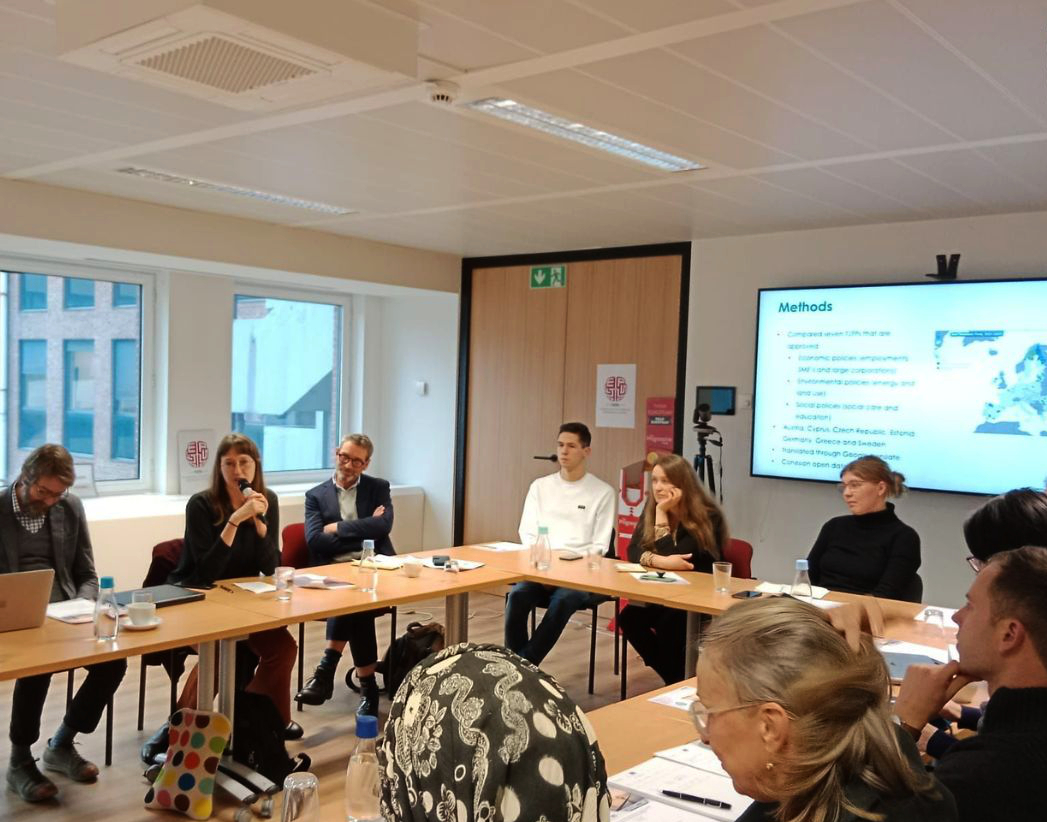
Project
The project’s goal is to speed up the CEE region’s energy transition and decarbonisation – namely in Bulgaria, Czechia, Estonia, Hungary, Latvia, Poland, and Slovakia – with the use of EU funds. It analyses local needs, potentials, and benefits of climate investments. Furthermore, it aims to inspire local communities and authorities by providing good solutions examples from the region and Germany. Through direct cooperation and guidance, it encourages and educates local authorities to become energy transition leaders and exchange practices to reach the EU Green Deal goals. In cooperation with national governments, municipalities, and civil society, it builds capacities to train local actors to become multipliers of transition, get involved in EU funds implementation, and promote good-quality energy solutions. To reach this goal, the project builds synergies with European allies, such as members of the European Parliament and the European Commission as well as civil society.
Last update: July 2024

